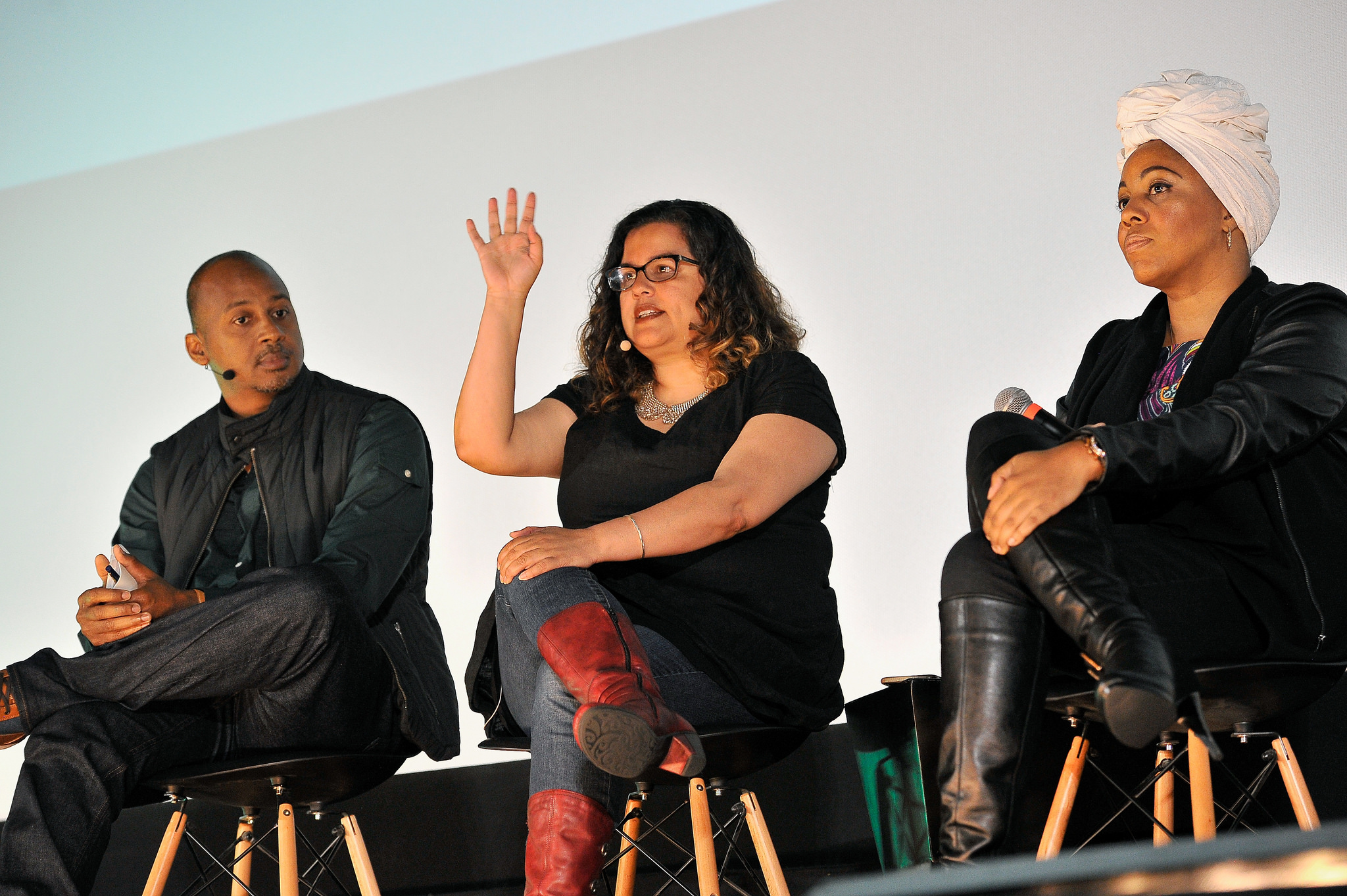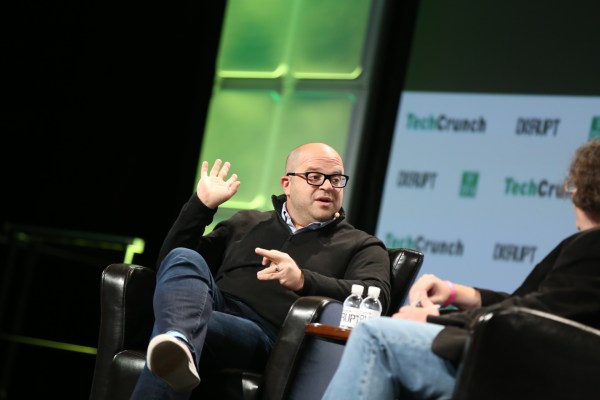Diversity fatigue is a real thing, but that’s not news to Twilio Global Head of Culture & Inclusion LaFawn Davis. What that does mean for her, however, is less talk and more action. Since coming on board as Twilio’s diversity and inclusion leader about one and half years ago, Davis has been focused on creating a global approach, rather than one that is just U.S.-centric.
That strategy is based on three pillars, Davis told TechCrunch. Those are having an equitable approach (i.e. hiring people without traditional backgrounds), equal promise (unbiased recruiting process, equal pay and promotion opportunities) and creating a sense of belonging. As part of that, Twilio is unveiling its first diversity report today and publicly setting a five-year goal to hit specific diversity targets.
“We believe that the data is how we stay accountable and measure it but it’s really our actions that are going to speak for us,” Davis said. “We wanted to intentionally set goals publicly so that we can be transparent.”
By 2023, Twilio aims for its workforce to be:
- 50 percent female
- 30 percent black, Latinx, two or more races, Pacific Islander or Native, LGTBQ+
By that time, Twilio also aims to have 100 percent of its employees report feeling like they belong, based on Twilio’s employee engagement survey around belonging and inclusion.
Today, Twilio is:
- 31 percent female
- 24 percent international
- 37 percent white
- 22 percent Asian
- 1 percent black
- 3 percent Latinx
- 3 percent two or more races

SAN FRANCISCO, CA – JUNE 06: Left to right, Wayne Sutton, Nicole Sanchez and LaFawn Davis participate in a panel at Alamo Drafthouse New Mission on June 6, 2017 in San Francisco, California. (Photo by Steve Jennings/Getty Images for TechCrunch)
While Twilio does not have goals in place around age, it’s still something the company tracks. For example, 66 percent of its workforce is from a millennial population, 31 percent are from Generation X and 3 percent are baby boomers.
Twilio has yet to capture data around people with disabilities, but Davis said that’s because the company first wanted to make sure it was focused on the inclusion aspect.
“It’s more about accommodations or having an environment where they feel included, feel like they belong and feel supported,” she said. “What we’ve been working on is more exposure, programs, more understanding of what their needs are before asking for demographics from that population. The same goes for our veteran population.”
Some of the initiatives Twilio has in place to achieve those goals are an overhaul of its hiring process. Part of that entails looking at the hiring funnel to identify places where biases might be occurring and where women and underrepresented people fall out of the funnel.
Meanwhile, for technical roles, Twilio is now using rubrics to ensure a standard evaluation process for candidates. Twilio is also hosting emotional intelligence training for managers, rolling out emphatic leadership for those at the VP level, as well as working with nonprofit organization tEQuitable to identify problematic themes and areas where Twilio can intervene. This could be around discrimination, harassment and any other workplace issues that may come up.
“I believe the ideal Twilio is one that perfectly reflects the communities we serve,” Twilio CEO Jeff Lawson said in a statement to TechCrunch. “We need every person with the skills and desire necessary to help us fulfill our mission to want to join us and to be successful in working at Twilio. While we haven’t solved the diversity problem, we are investing in the programs that foster an environment where people can do the best work of their careers. I’m personally committed to ensuring that our employees feel a sense of belonging when they come to work at Twilio.”
Additionally, Twilio is hosting a diversity, inclusion and belonging bootcamp for people of color to better understand and discuss their unique experiences in the workplace.
“We’re trying to tell the story of actions we’re taking,” Davis said. “The thinking is, we’re going to get yelled at regardless so let’s just be authentic. There will be things we try that work and things we try and fail, and we want to be honest about those things. If there was a playbook that really worked or that one action you could take, everyone would be doing it. We’re going to be talking about our progress toward those.”
